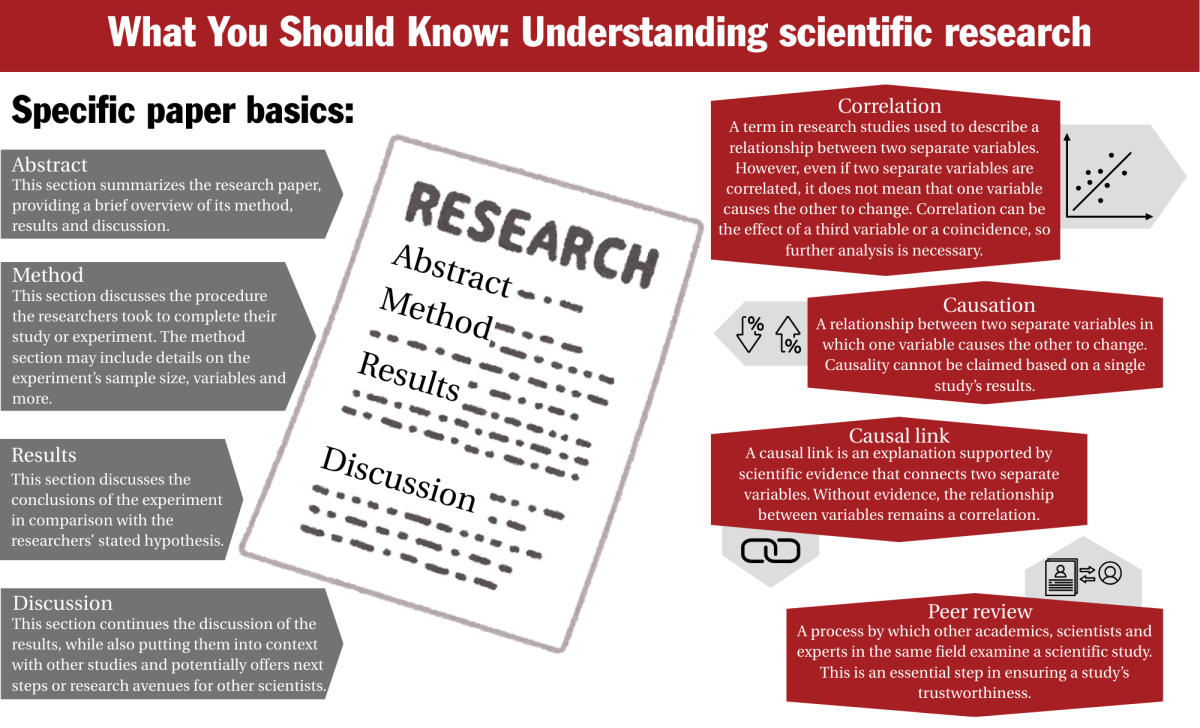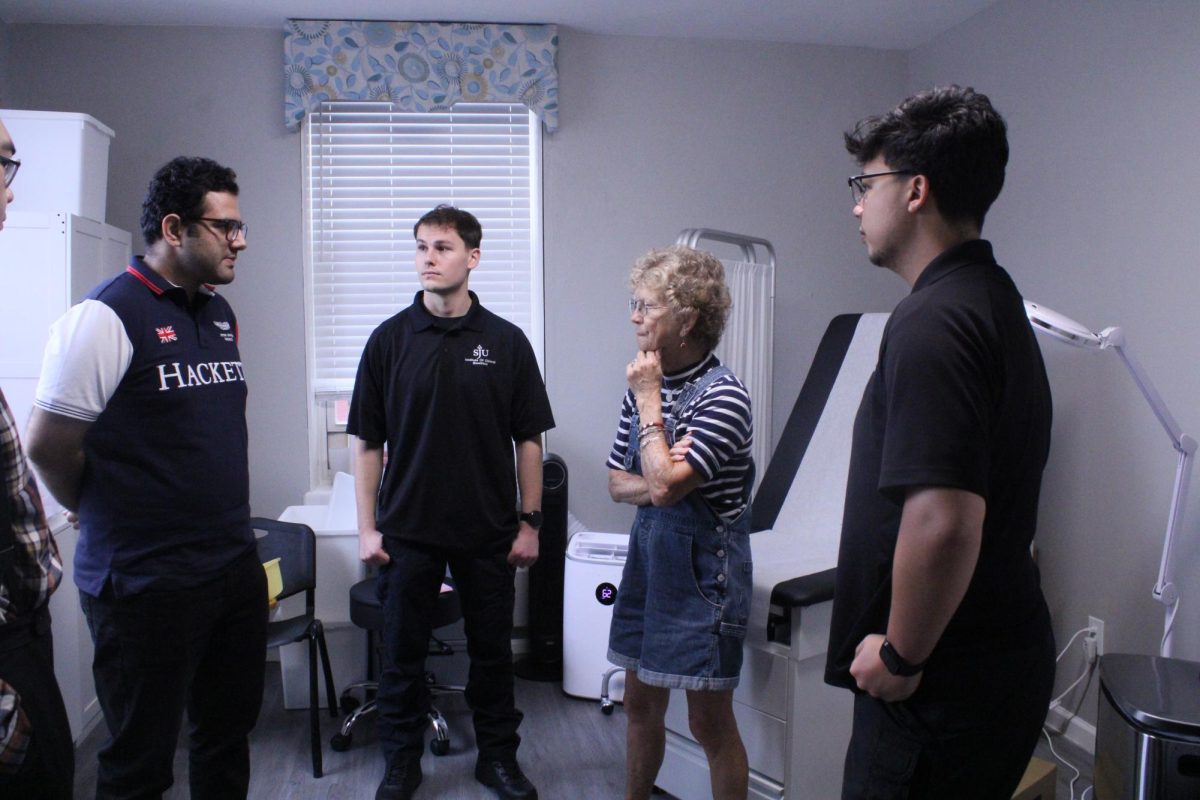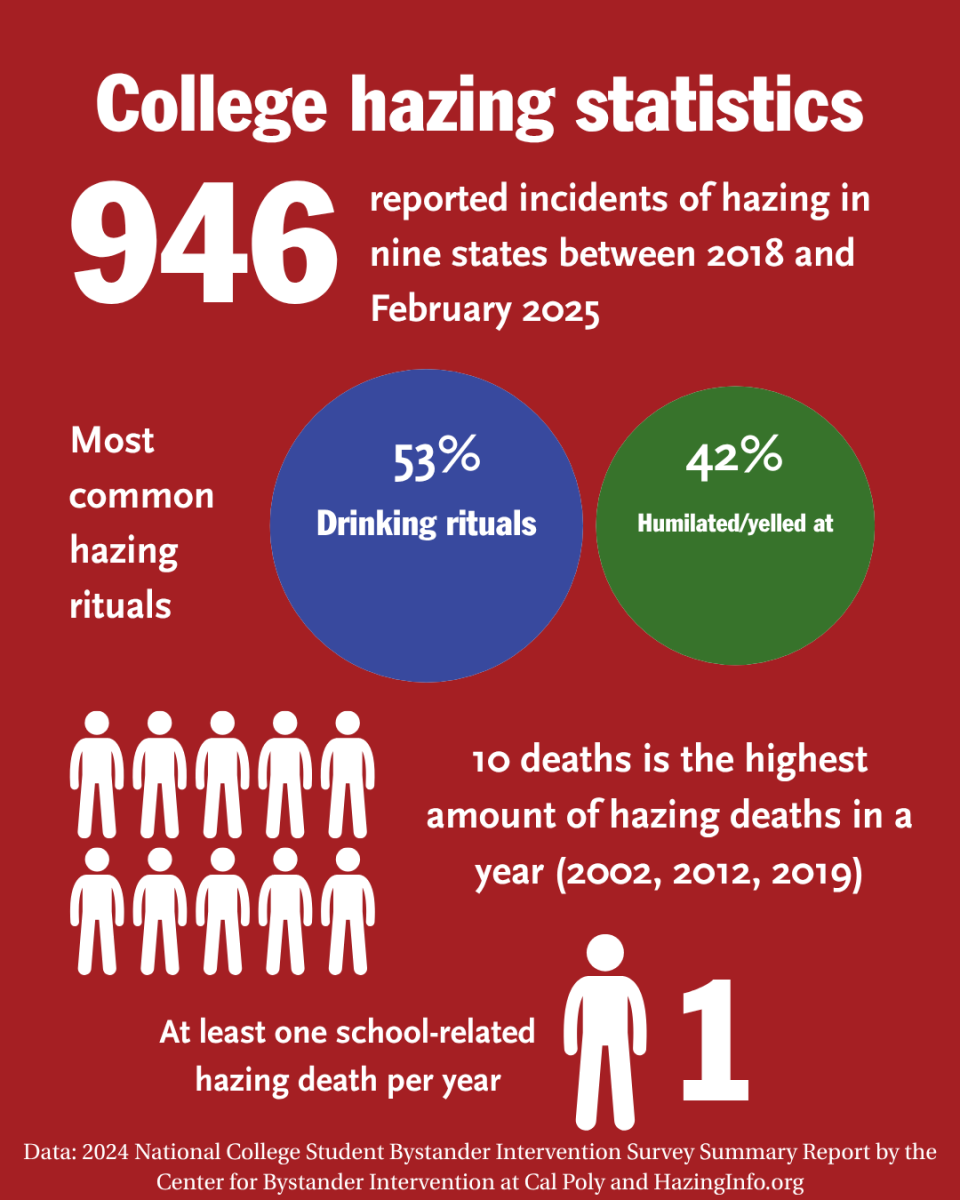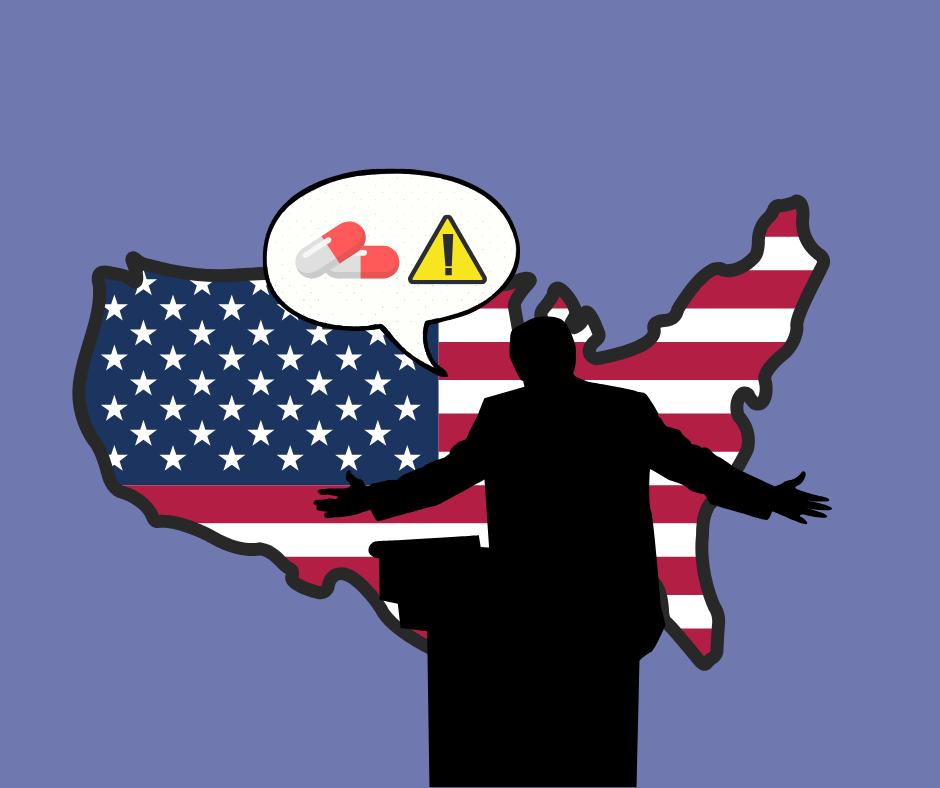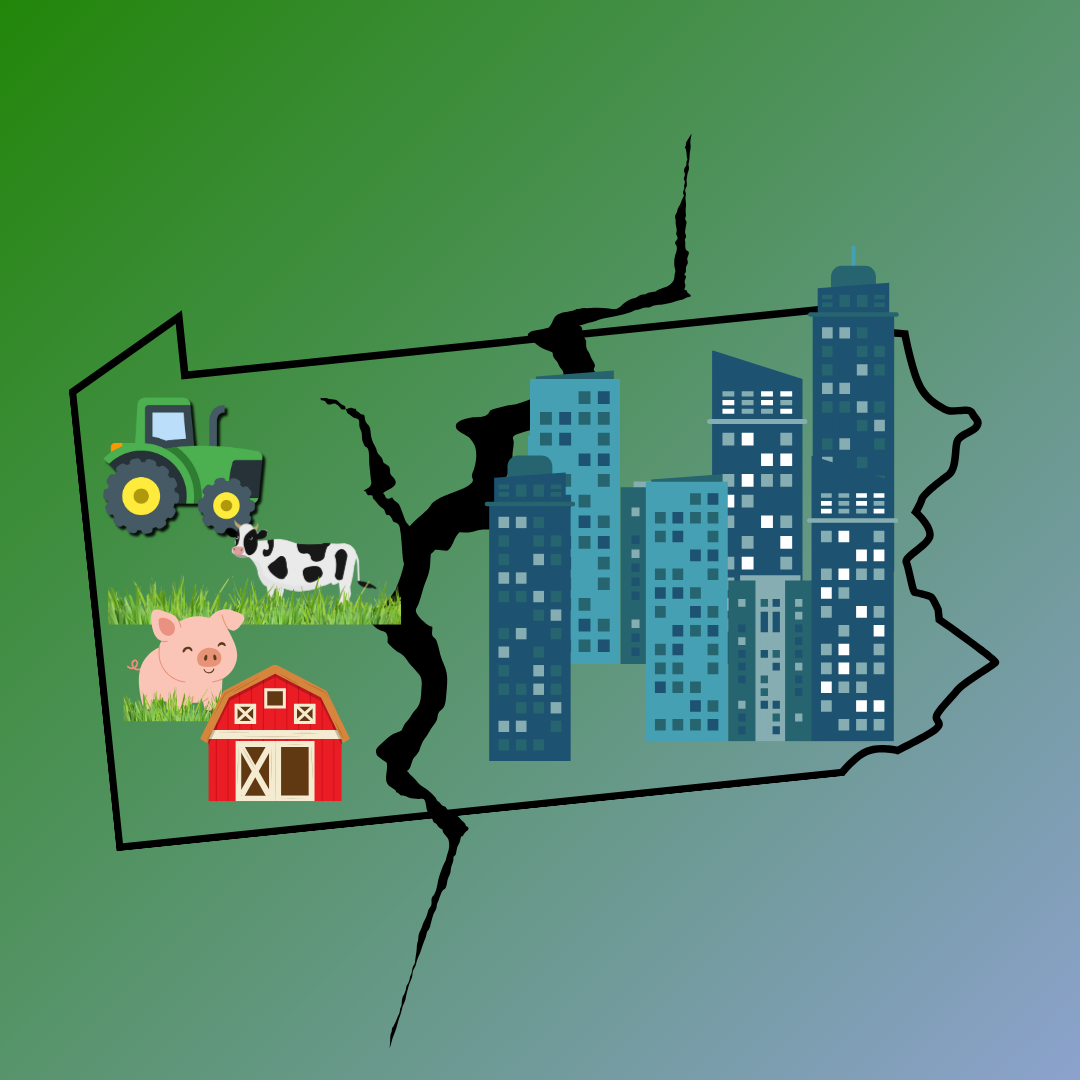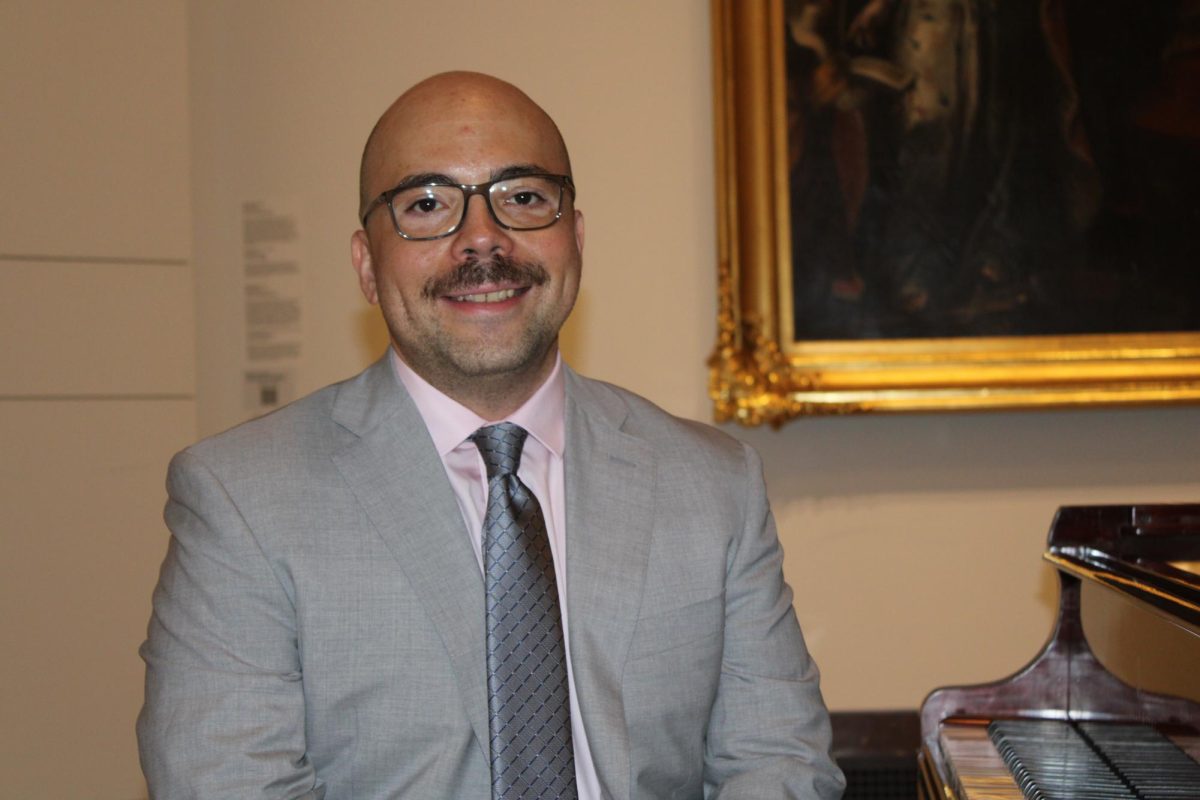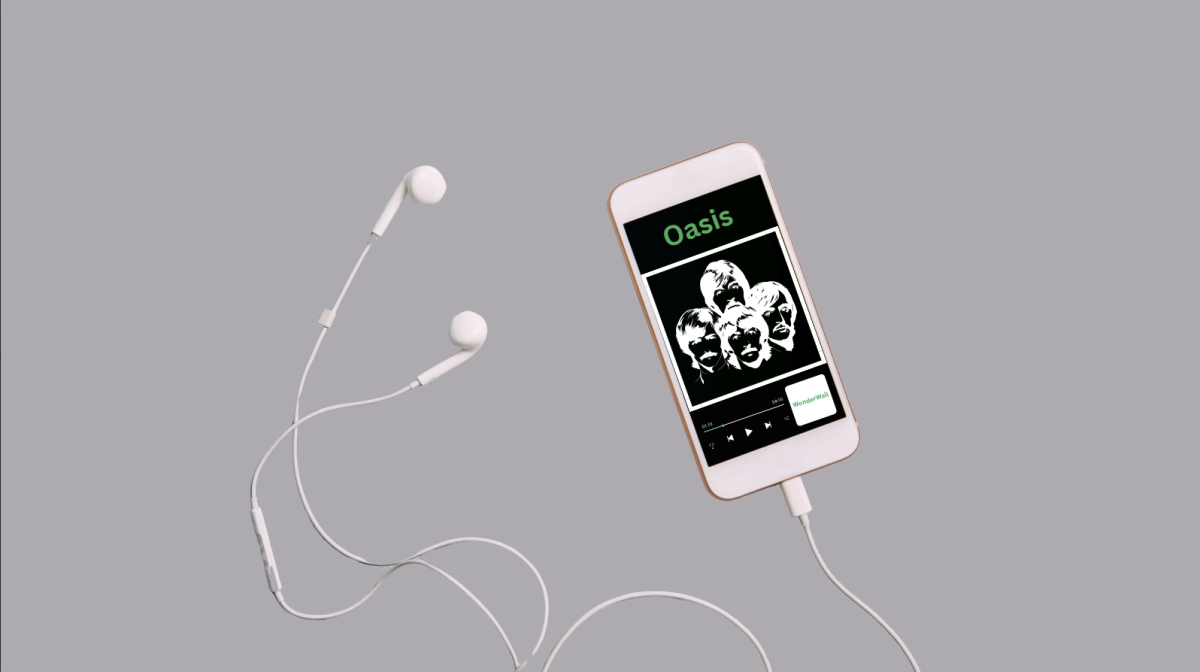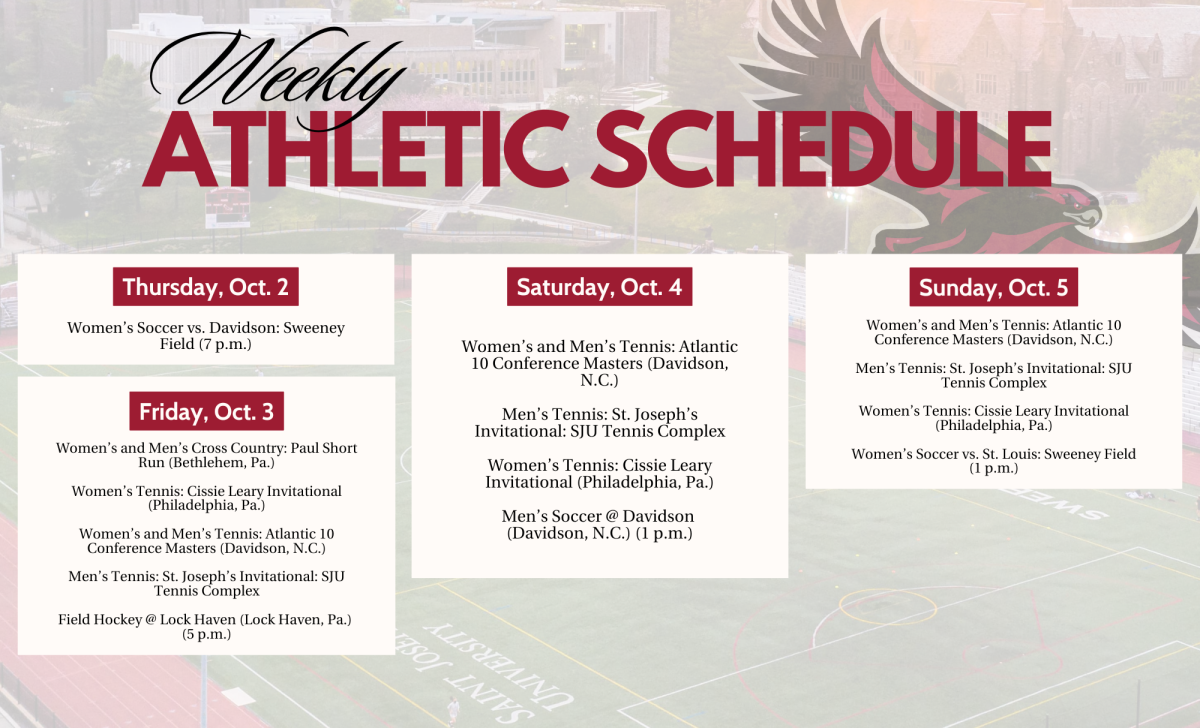For Emily Sokolowski ’20, the recent controversy over Tylenol and autism following President Donald Trump’s Sept. 22 press conference isn’t just political — it’s deeply personal. Sokolowski’s older brother Adam, who has autism, recently tested positive for covid-19. When their mother recommended he take Tylenol for his headache, Adam’s response revealed how he received the administration’s rhetoric.
“He was like, ‘No, no, no, I can’t take Tylenol. It will make my autism worse’ … In his mind, he believed that taking the Tylenol would make him more autistic, and that would be a bad thing,” Sokolowski said.
Trump announced in the press conference the Food and Drug Association would be updating its warning labels for Tylenol, an over-the-counter pain reliever whose main ingredient is acetaminophen. Trump suggested Tylenol use during pregnancy is linked with autism spectrum disorder, citing an Aug. 14 Harvard University research paper.
“Don’t take Tylenol,” Trump said. “Don’t take it … Fight like hell not to take it.”
Autism is defined by the National Institute of Mental Health as a “neurological and developmental disorder that affects how people interact with others, communicate, learn and behave.” About one in 31 (3.2%) children aged eight years old are diagnosed with autism in the United States. According to the Johns Hopkins Bloomberg School of Public Health, this number has increased in recent decades due to the broadening of the definition of autism, which means more people now meet the definition, as well as increased screenings at wellness visits.
Scientists have responded with backlash against the claims, with the World Health Organization stating Sept. 24 that there is “currently no conclusive scientific evidence” that confirms a link between Tylenol use during pregnancy and autism. The damage has already been done, however, wrote Zoe Gross, director of advocacy for the Autistic Self Advocacy Network, in an email to The Hawk. Gross described the comments as harmful to the autistic community.
Gross said the way Trump and U.S. Secretary of Health and Human Services Robert F. Kennedy Jr. talked about autism was “chilling.”
“By calling for the end of autism, the administration is explicitly saying they are working toward a world where autistic people no longer exist,” Gross said. “This sends a terrible message to the autistic community and further stigmatizes autism in the eyes of non-autistic people.”
Cora Moeller ’27, whose brother, Owen, has autism, said she and her family were shocked by the number of people they knew who believed the claims about Tylenol so quickly. Moeller said the kind of language used can have a big impact on people with autism.
“These are real people that we’re talking about,” Moeller said. “They have feelings, and so for them to be reading things that people are posting or things that they’re endorsing, to make it seem like … those who have autism are burdens or they’re suffering from autism, which is just not the kind of language that I think should ever be used.”
According to Gross, misinformation from the government about what causes autism doesn’t just harm autistic people. It harms everyone.
“The anti-vaccine claims, in particular, will lower people’s confidence in vaccines that have already been proven safe, leading to resurgences of vaccine-preventable diseases,” Gross said. “The instruction not to take Tylenol during pregnancy or give it to children puts pregnant people and children at risk, for example, of injury during untreated fevers.”
The FDA released a statement Sept. 22 that said while an association between acetaminophen and neurological conditions like autism has been described, a causal relationship has not yet been established. Further, the statement noted there are contradictory studies on the subject.
Sokolowski, who worked with the Autism Society of America for two years, emphasized the importance of citing facts, data and scientific explanations for why something may cause something else, especially when it comes to autism.
“Everybody’s experience with autism is so different, and I think it’s important to recognize that,” Sokolowski said. “Be[ing] able to have support and research based in facts is [of] the utmost importance, especially for our community and caregivers that are in the community as well.”
This sentiment was shared by Gross, who added that research should be directed toward helping autistic individuals. The emphasis on searching for a “cure” to autism, she said, distracts from helping autistic people who are alive today.
“Autism affects every part of our being,” Gross said. “There is no me without autism. You cannot accept and include autistic people effectively without accepting that our disability is a part of us, and you cannot work effectively for our rights without accepting and including us.”

